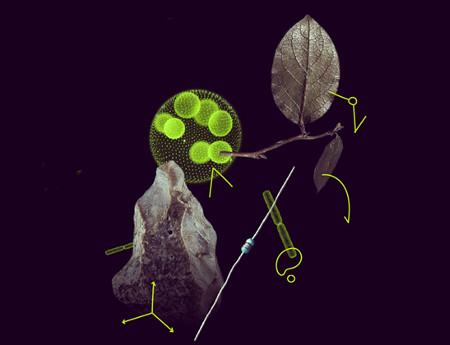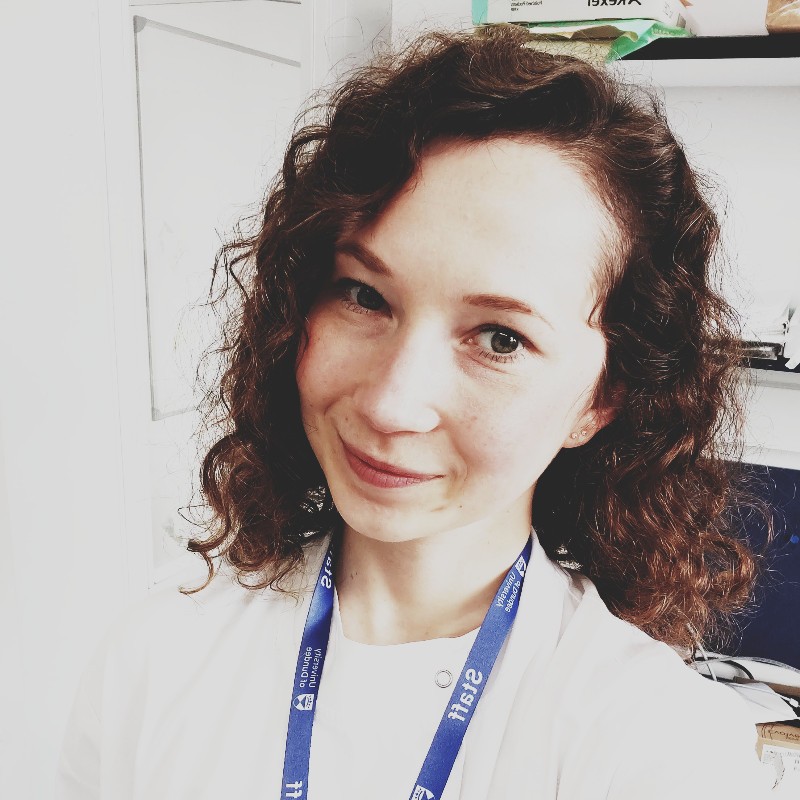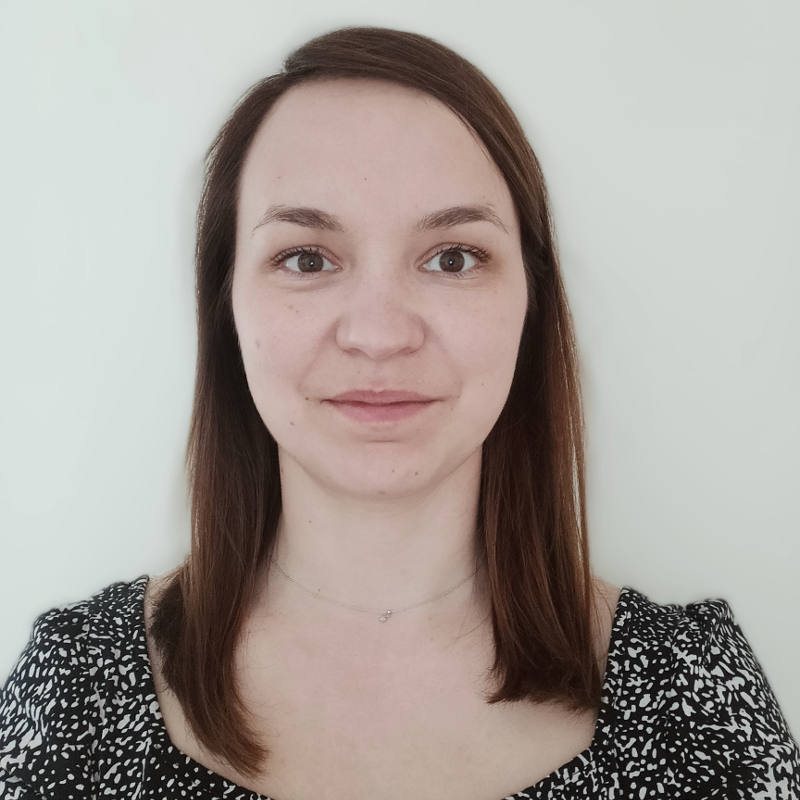
Dr Dominika Kwaśna and Dr Ewa Oleszycka are among 50 researchers from all over the world chosen to receive postdoctoral fellowships within the framework of the ERA Fellowship competition. As part of the grant, the two Polish scientists will carry out research at the Jagiellonian University.
MSCA-Postdoctoral Fellowship – ERA Fellowship is a European Research Area project funded as part of the “Widening Participation and Spreading Excellence” action of Horizon Europe programme.
As a result of the MSCA Postdoctoral Fellowships 2021 (HORIZON-MSCA-2021-PF-01) call for proposals, the European Commission has awarded a total of 242 million euros to 1,156 experienced postdoctoral researchers. 50 additional ERA Fellowships have been awarded to distinguished researchers from low research and innovation performing countries in the European Union and associated countries, mostly in Portugal, Czech Republic, Greece, Slovenia, and Poland.
Thanks to the grant, Dr Dominika Kwaśna and Dr Ewa Oleszycka will be provided with excellent conditions at the Jagiellonian University to conduct research with the support of their mentors.
 Dr Dominika Kwaśna will carry out the project "Identification and characterization of cellular DeUrmylases" at the JU Małopolska Centre of Biotechnology (with a grant value of 140 thousand euros).
Dr Dominika Kwaśna will carry out the project "Identification and characterization of cellular DeUrmylases" at the JU Małopolska Centre of Biotechnology (with a grant value of 140 thousand euros).
The research will focus on the search for a group of enzymes reversing one of the evolutionally oldest protein modifications, known as urmylation. The latest studies have shown that this process is one of the most important mechanisms protecting cells from oxidative stress. Whereas the molecular basis of the modification has been known, no enzyme reversing the process has been identified so far. In Dr Kwaśny’s project, specific active probes reacting with the targeted group of enzymes will be developed. The captured proteins will be identified by means of mass spectrometry, and further research will concentrate on understanding the mechanism of their functioning and the role they play in cells.
 Dr Ewa Oleszycka will work on the project "Deciphering the molecular mechanism of inflammation orchestrated by keratinocytes during Staphylococcus aureus infection in the skin" at the JU Faculty of Biochemistry, Biophysics and Biotechnology. She will receive funding worth almost 160 thousand euros.
Dr Ewa Oleszycka will work on the project "Deciphering the molecular mechanism of inflammation orchestrated by keratinocytes during Staphylococcus aureus infection in the skin" at the JU Faculty of Biochemistry, Biophysics and Biotechnology. She will receive funding worth almost 160 thousand euros.
Staphylococcus aureus is a bacterium commonly found on human skin, which can cause long-term infections in some people. In persons suffering from atopic dermatitis Staphylococcus aureus aggravates the local inflammation and skin problems. In the ERA project, the research team will focus on studying interactions between bacteria, skin cells and immune system cells. The author of the project hopes that this will allow better understanding of how Staphylococcus aureus causes the inflammation and that the results of her study will enable the identification new mechanisms of regulating skin inflammation, which can be used to create new methods on skin infection treatment in the future.
The Marie Skłodowska-Curie actions (MSCA) provide grants for all stages of researchers' careers in order to encourage their mobility. They aim to equip researchers with the skills and international experience necessary for a successful career, both in public and private sector. The MSCA grants help to build the research and innovation potential of Europe by investing in long-term careers of excellent researchers.
These actions provide support for eminent scholars enabling them to carry out unique personalised research projects and, at the same time, develop their skills through advanced training and international, interdisciplinary and intersectoral mobility. The MSCA grants promote academic excellence and set standards of high quality of education and researcher training in accordance with The European Charter for Researchers and the Code of Conduct for the Recruitment of Researchers.





